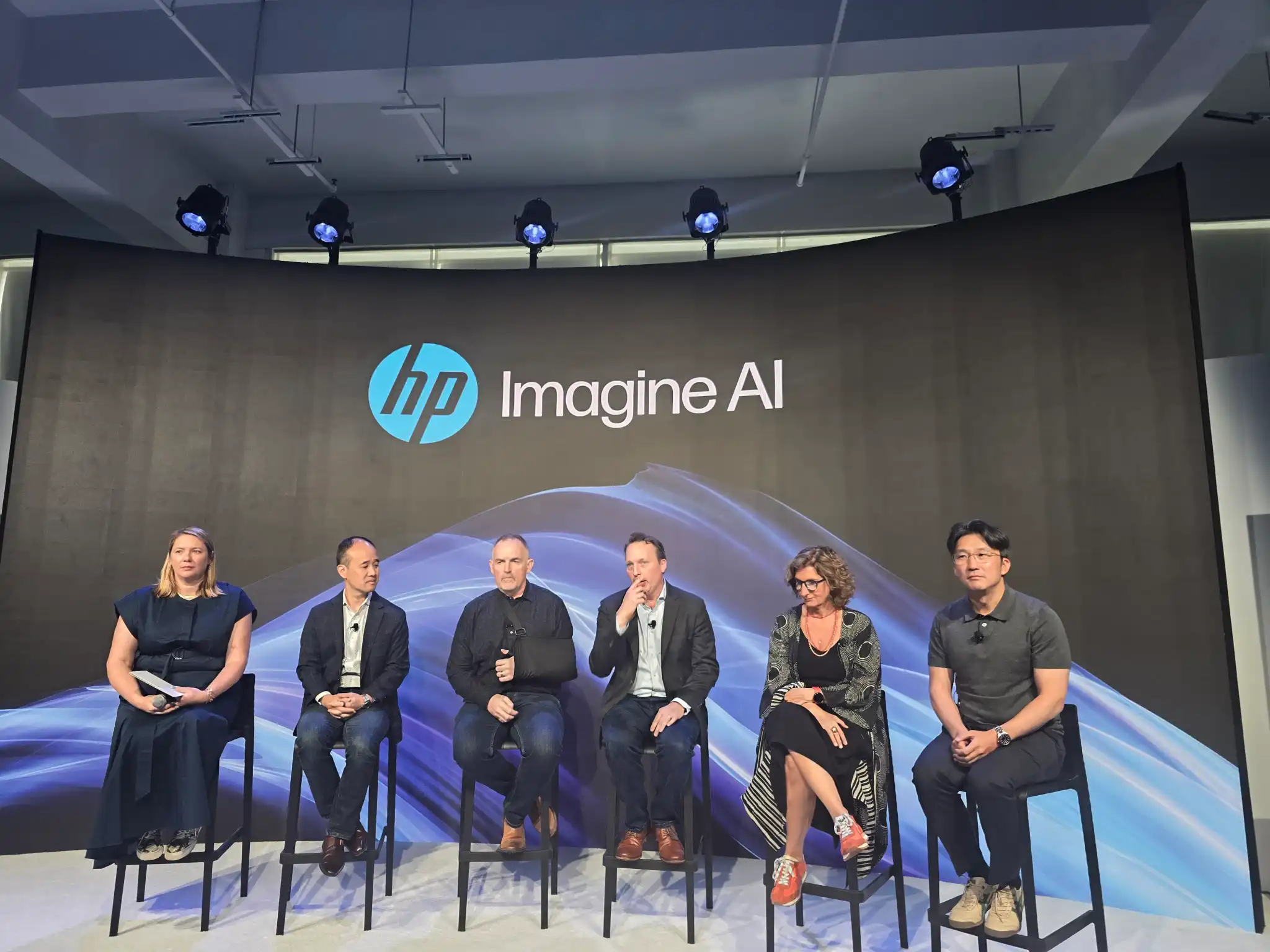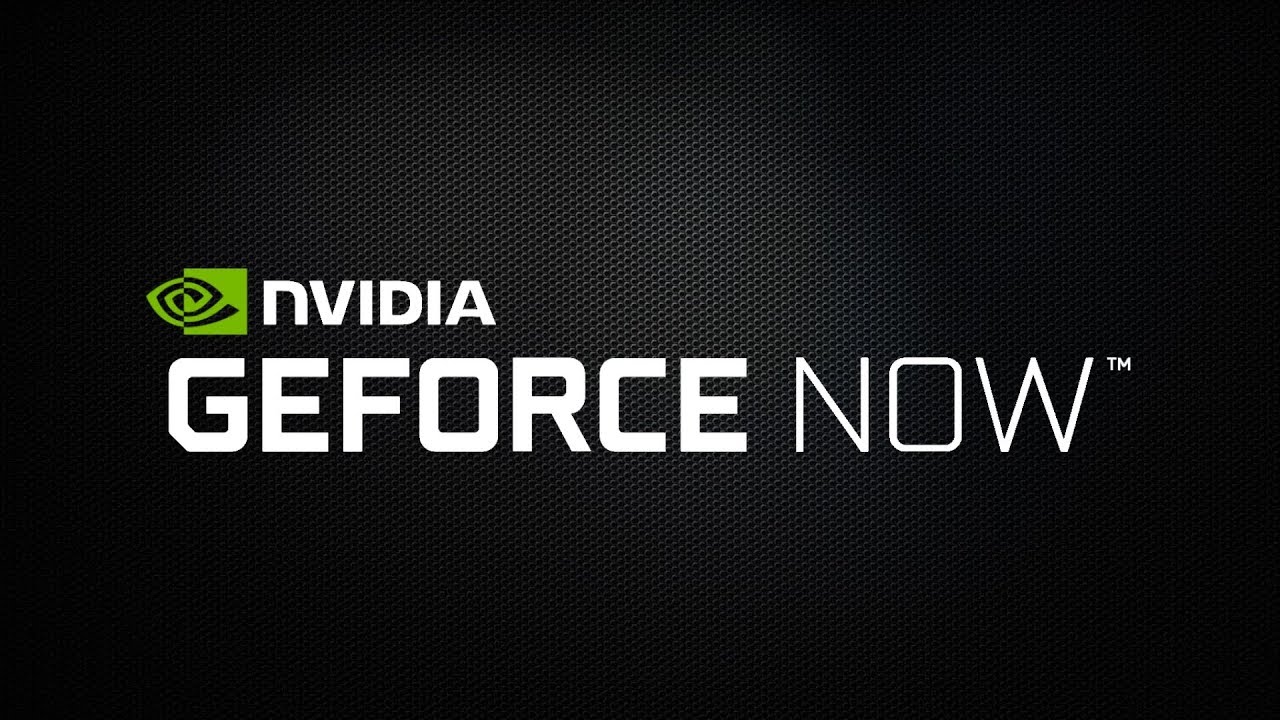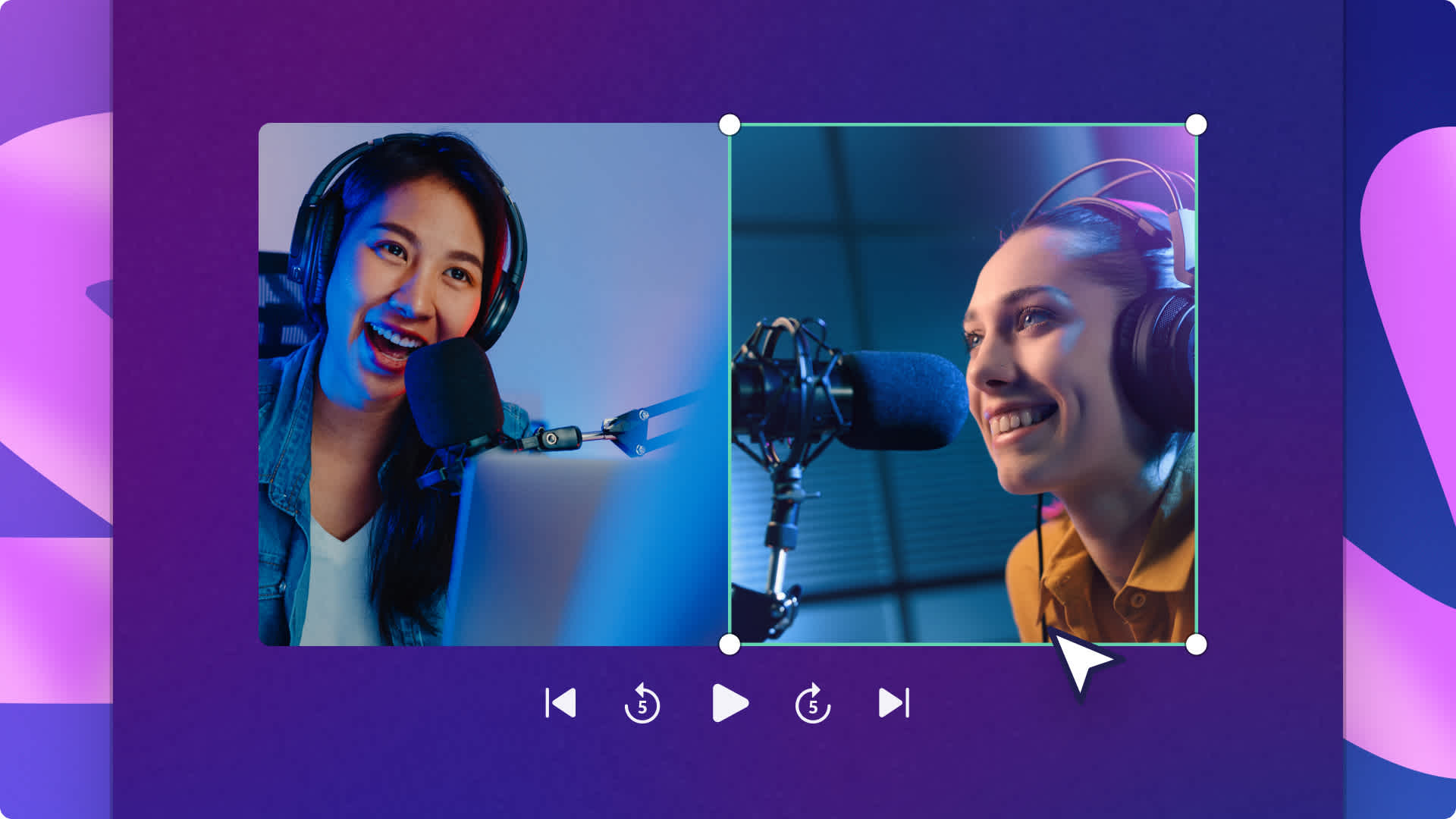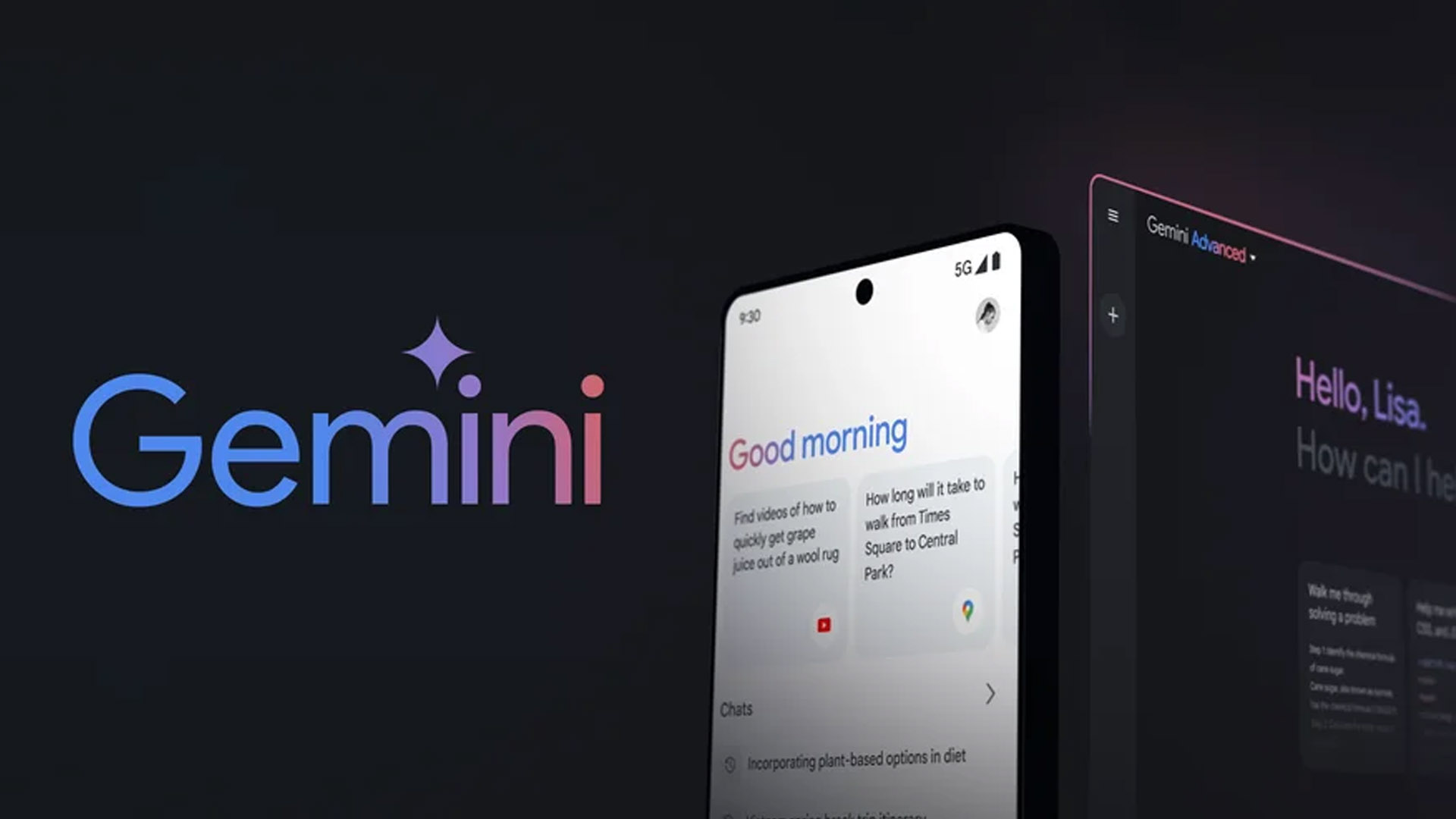You could say we’re in the honeymoon phase of an AI PC boom, with AI chip technologies and software in a state of rapid and perpetual improvement in laptops.
At least that was the vibe I got at HP’s Imagine AI event in New York City last week, where HP personnel were talking up the current AI PC technologies and teasing what’s to come in the AI PC space later this year.
“This is one of the biggest, most dynamic inflection points I’ve ever seen in my career. There’s stuff on the front burner in the AI category coming soon, even later this year, including even more AI performance in consumer laptops and workstations,” said Alex Thatcher, senior director of cloud client and AI experience at HP.
“We’re also going to see big innovations around AI PC security and you’re also going to see a lot of investment in AI PC software. That’s AI software development HP is doing in house, but also work we’re doing with our independent software vendors (ISVs),” he said.
Innovation in more powerful AI chips was an obvious example at the event where HP announced the HP OmniBook Ultra, the company’s highest-performing AI PC, featuring a Ryzen AI 300 processor and a new maximum 55 TOPS (trillions of operations per second) NPU processing power — that’s a jump of 15 TOPS over the company’s previous most powerful AI PC.
But when I asked if we’ll continue to see such big leaps in TOPS in successive AI laptops, the answer was surprising. “For common users I think we’ll see a plateau in TOPS, before we see it continue to climb again,” said Thatcher.
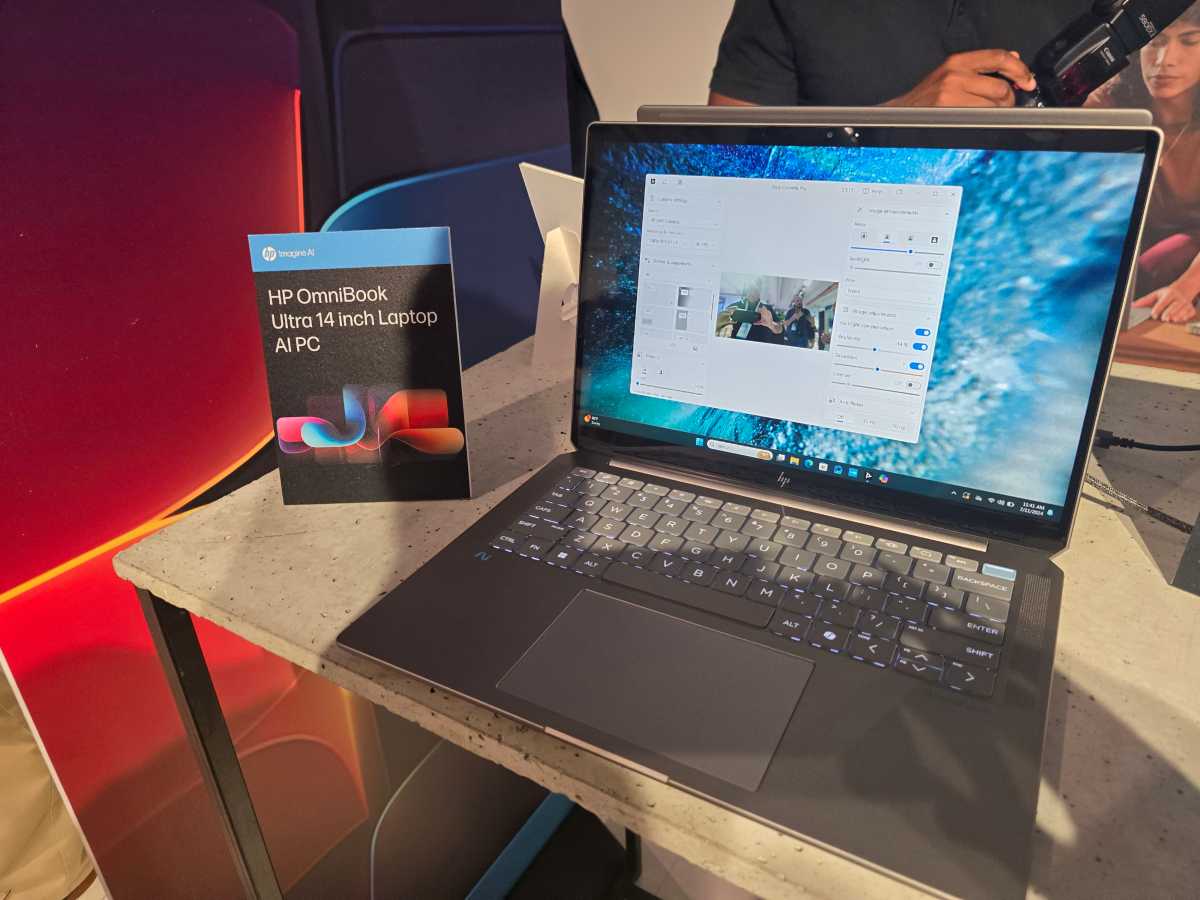
Dominic Bayley / IDG
Jumping in to explain why any plateauing in AI TOPS power won’t halt innovation in AI PCs was Guayente Sanmartin, SVP and division president of commercial systems and displays solutions at HP.
“I think it’s important to realize that HP is innovating in three areas that aren’t just related to TOPS performance,” she said.
“The first is we’re innovating anything that allows the user to work more efficiently — like the AI apps we’re making available in our laptops.”
“The second is that all the sensors and feedback our AI PCs have will continue to personalize the experience exactly to how you’re going to be working. So, we’ll know how you work and which devices you have around you.”
“Then there’s going to be innovation in security — strong security but with a privacy component. Because not only do you want to keep your data private but you’re also going to need to access the data yourself,” she said.

